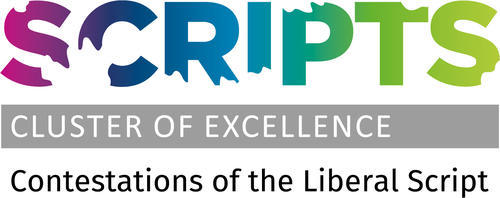Theorizing Freedom from Below
NWO grant VIDI, Dutch Research Council
Most theories of freedom focus on the state of being free. But can we fully understand what freedom means without the experience of unfreedom? This project will investigate how the way in which we think about freedom changes when rethinking freedom from the perspective of people who struggled to become free.
General project description
Freedom is the opposite of slavery and domination – or so the republican tradition of political thought argues. Yet, theories of republican freedom rarely engage with actual slavery. Their focus rather lies on specifying the status of free citizens. Slavery merely serves as a metaphor for the condition that is to be avoided. This focus reflects the perspective of those who are concerned with safeguarding their existing freedom. But can such theories make sense of struggles to attain freedom, such as Black Lives Matter or MeToo? Can we fully understand what freedom means without the experience of resisting unfreedom, that is, of resisting existing forms of slavery or domination?
The research project aims to show that theorizing freedom in a way that gains a critical grip on the social world requires rethinking freedom from below; that is by shifting the focus from the lived experience of freedom to the lived experience of slavery and domination – and the struggles against it. The classic republican ideal of the free – i.e. white, male property-owning – citizen serves as a guide to select relevant cases: starting with slave narratives in the 18th century, we will analyse struggles against race-based, gender-based and class-based domination through the work of activists and writers not commonly part of the philosophical canon.
This analysis will serve (1) to reconstruct conceptions of freedom and resistance emerging from their struggles; (2) to develop a methodological account of how lived experience inform and limit theorizing abstract normative concepts; (3) to analyse whether and if so how theorizing freedom from the perspective of the free citizen may contribute to reproducing the subtle forms of domination against which these writers and activists fought; and (4) to demonstrate how theorizing freedom from below can help address current forms of domination, in the university and beyond.
